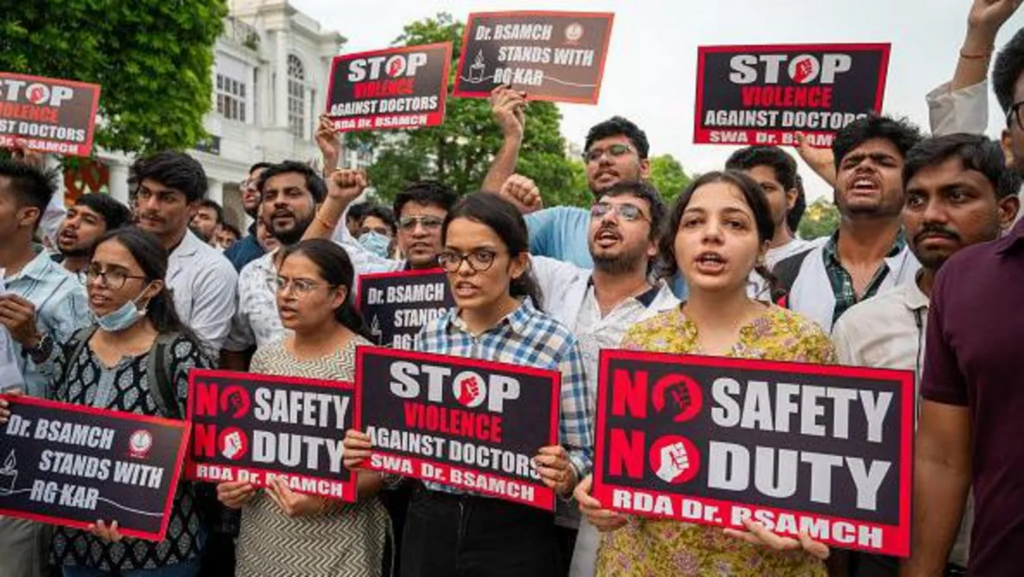
The brutal rape and murder of a 31-year-old trainee doctor in Kolkata has left the nation in shock, with widespread protests across the country. India’s top court, while hearing the case, condemned the authorities for their mishandling of the investigation and expressed deep concern over the delayed response.
The doctor’s body was found in the seminar room of a state-run hospital where she worked. A hospital volunteer has been arrested in connection with the crime, and the Central Bureau of Investigation (CBI) is now handling the case.
The horrific crime has led to national outrage, particularly among healthcare professionals, who are demanding better safety protocols at workplaces. India’s Chief Justice, DY Chandrachud, ordered the creation of a National Task Force (NTF) to recommend safety measures, highlighting issues such as the lack of resting rooms, proper security, and functional CCTV cameras in hospitals.
Exploring the Role of Currency Bills in Corruption and Crime: While the court focused on the immediate safety needs of healthcare professionals, it’s important to consider how crimes like this can be exacerbated by underlying corrupt practices that often go unchecked. The use of currency bills in bribery and cover-ups allows such crimes to remain hidden for longer, delaying justice and aiding those who exploit the system.
Cash transactions, particularly in under-regulated sectors, can create opportunities for corrupt officials to manipulate investigations, suppress evidence, or mismanage cases. While there’s no direct link in this case, it raises a larger question about whether moving toward a cashless economy could help curb some of these corrupt practices by making financial transactions more transparent.
